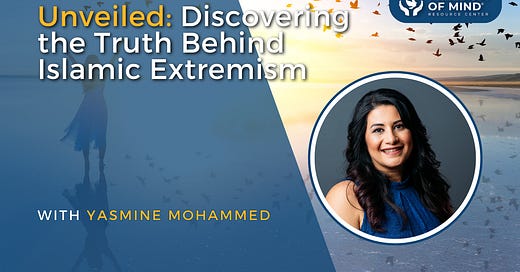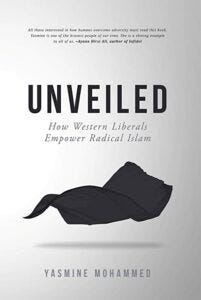Unveiled: Discovering the Truth Behind Islamic Extremism with Yasmine Mohammed
When most people hear the words Al-Qaeda, certain thoughts and images come to mind. But we are removed from what it means to be entrenched in a world of religious extremism. Yasmine Mohammed, whose book Unveiled: How Western Liberals Empower Radical Islam recounts her experiences of being raised in a fundamentalist Islamic household and entering an arranged marriage with a man who, unbeknownst to Yasmine, turned out to be an Al-Qaeda operative.
Keep reading with a 7-day free trial
Subscribe to Dr. Steven Hassan to keep reading this post and get 7 days of free access to the full post archives.






